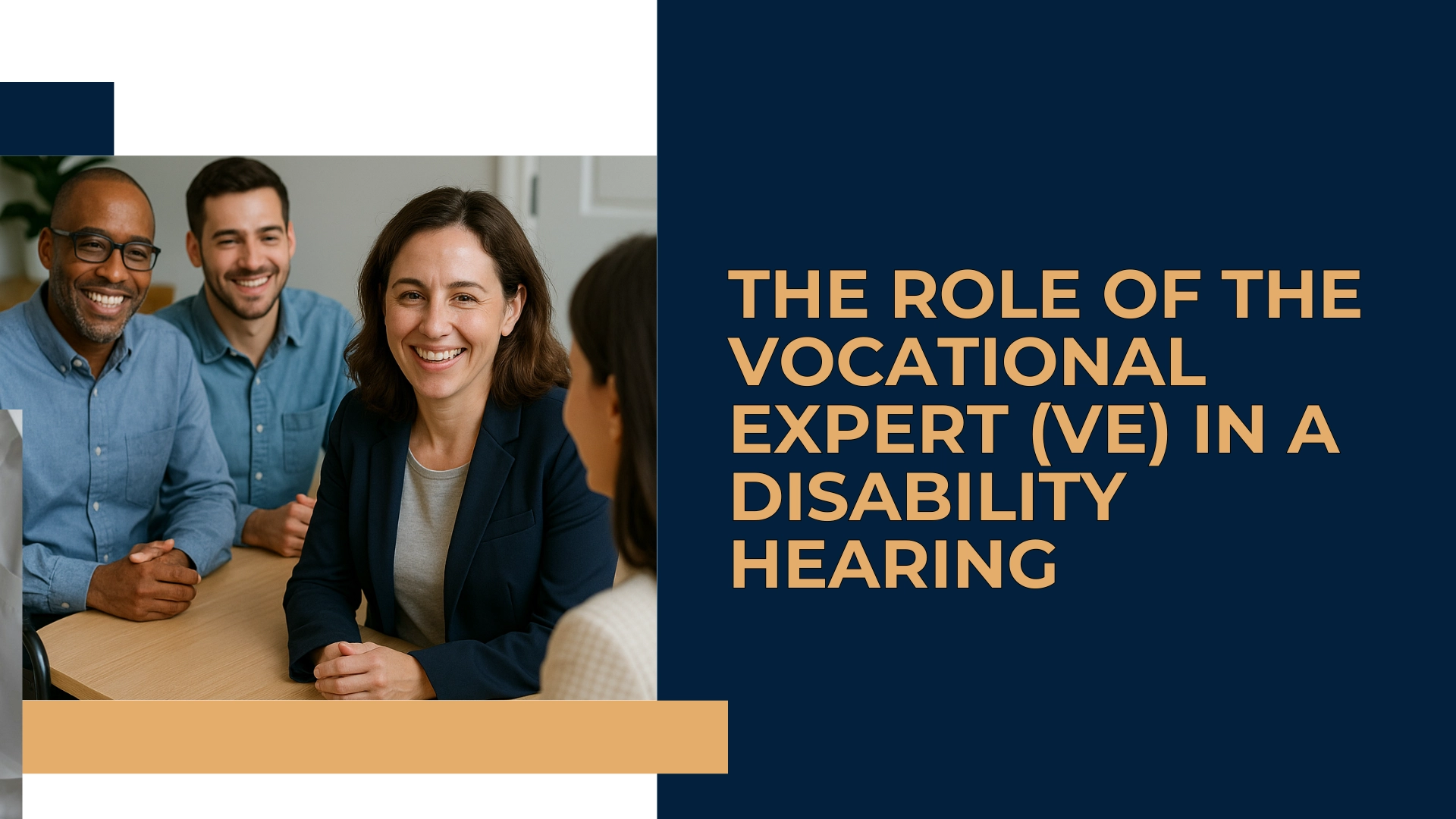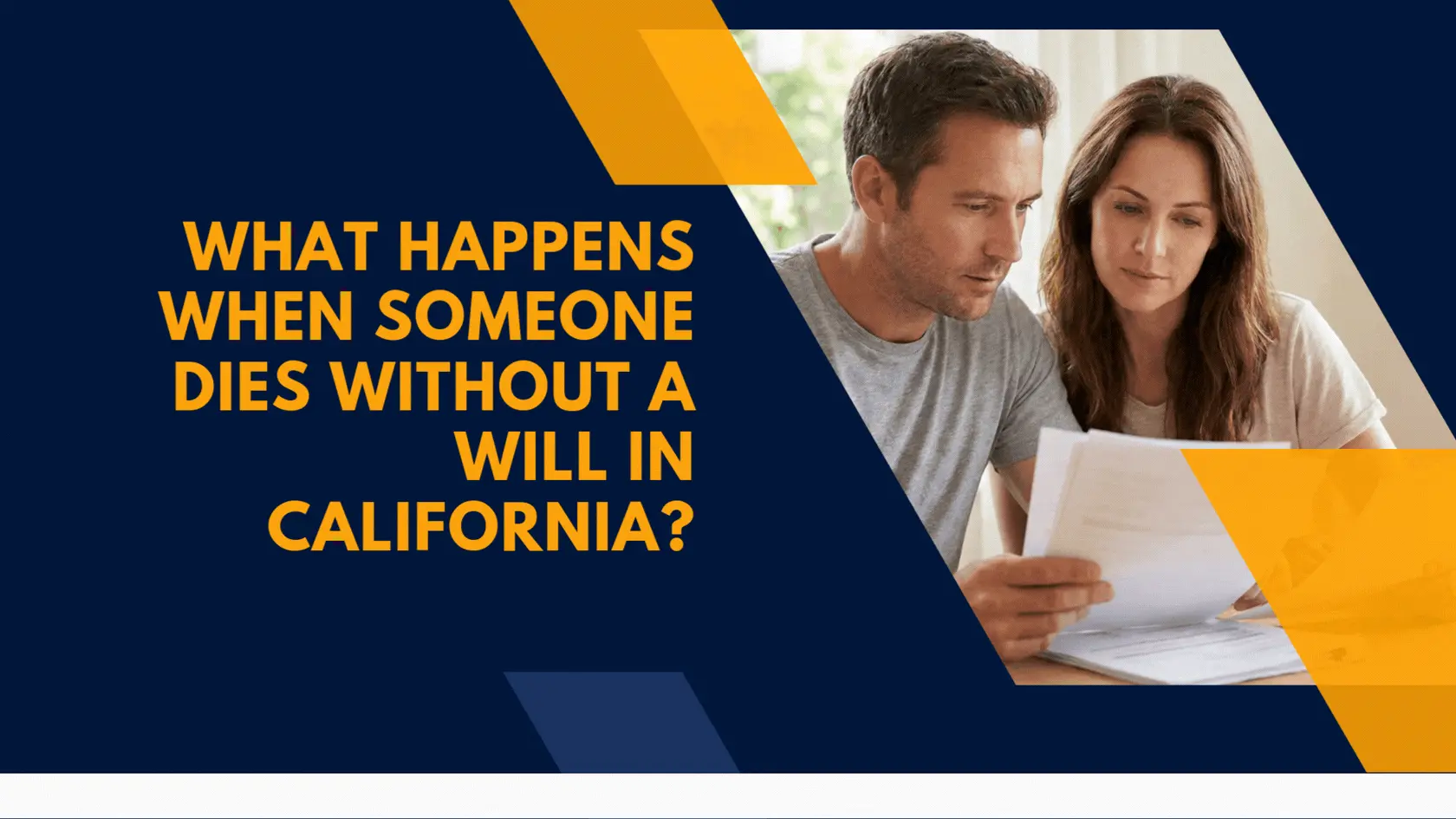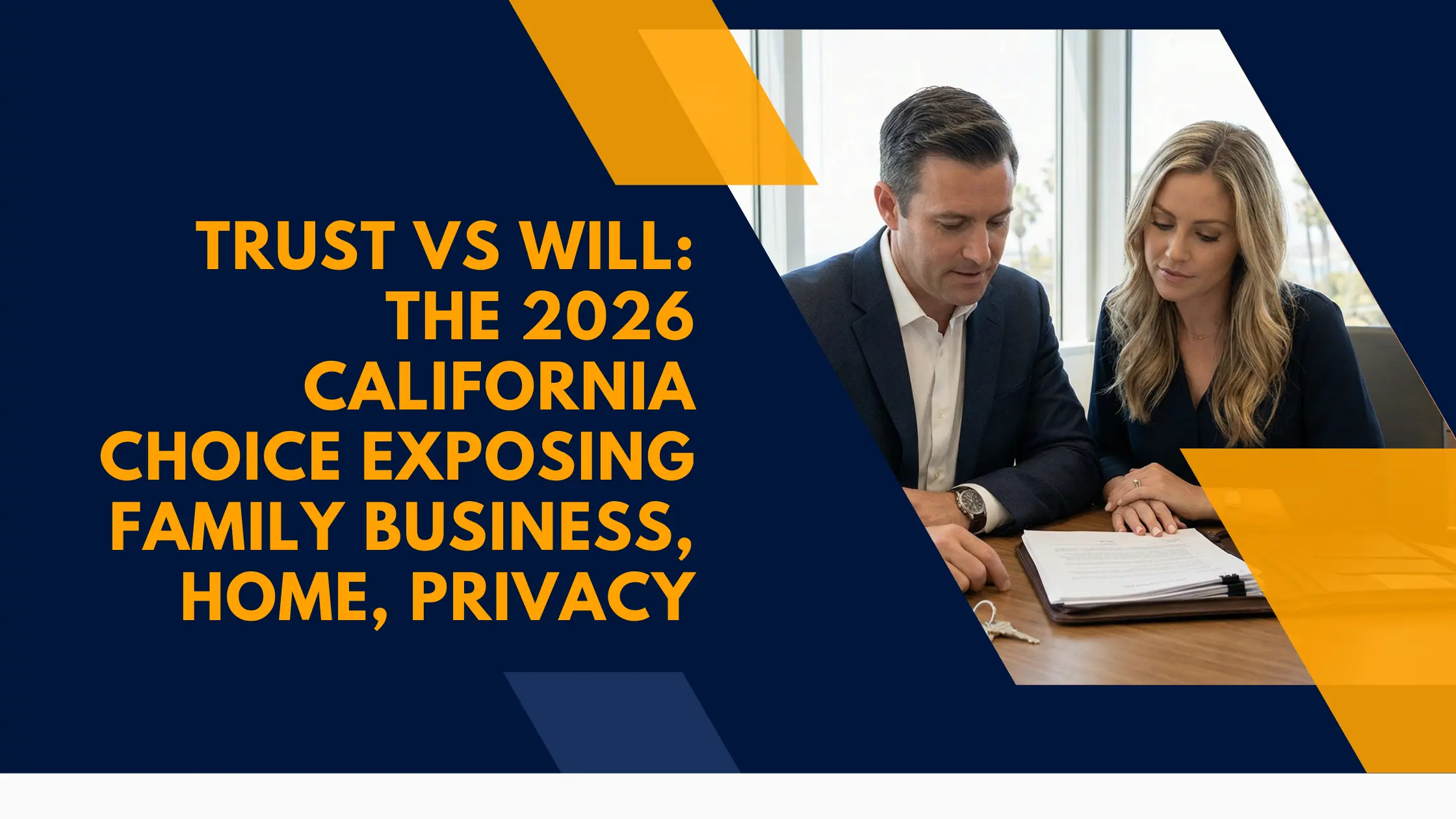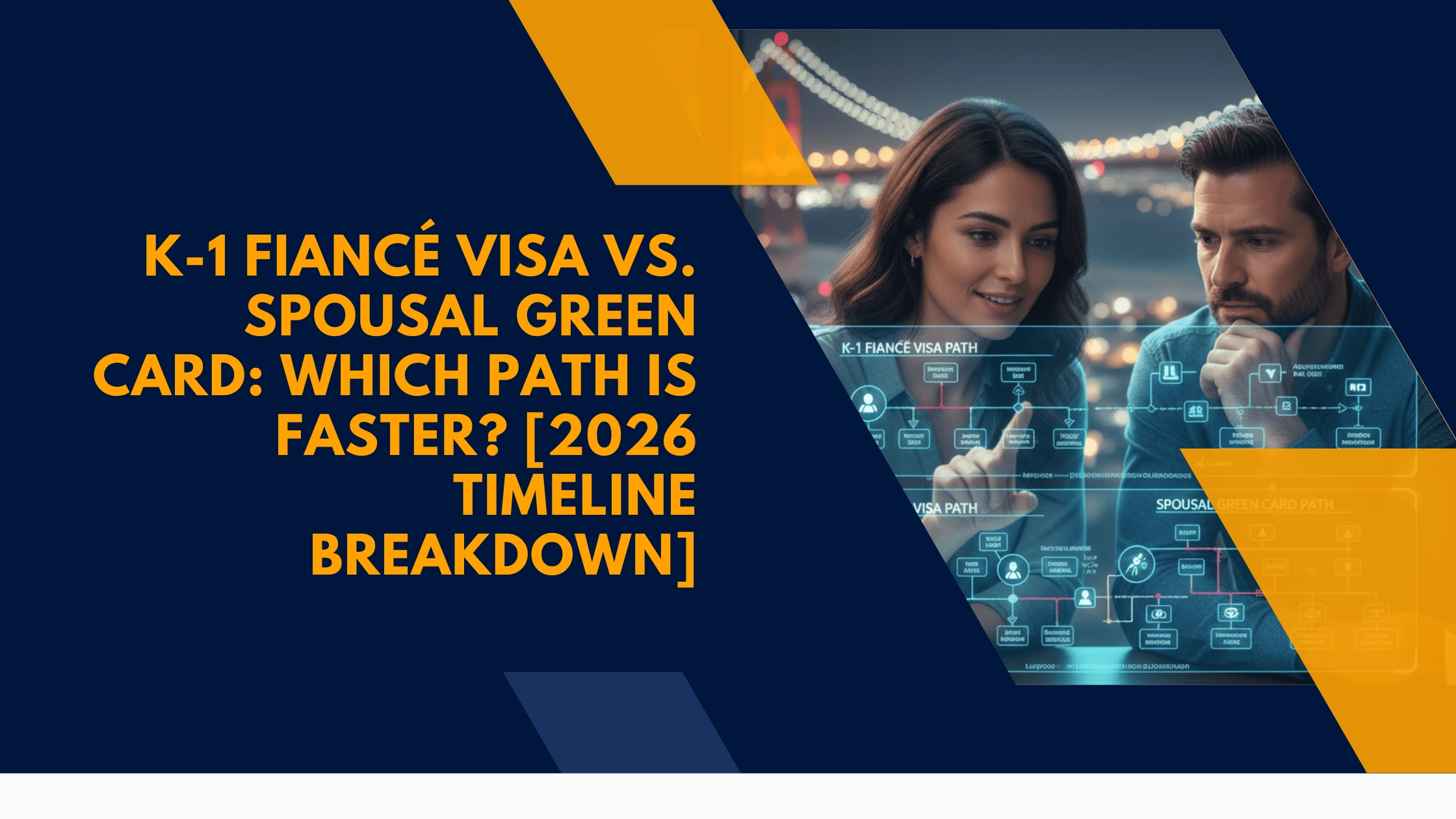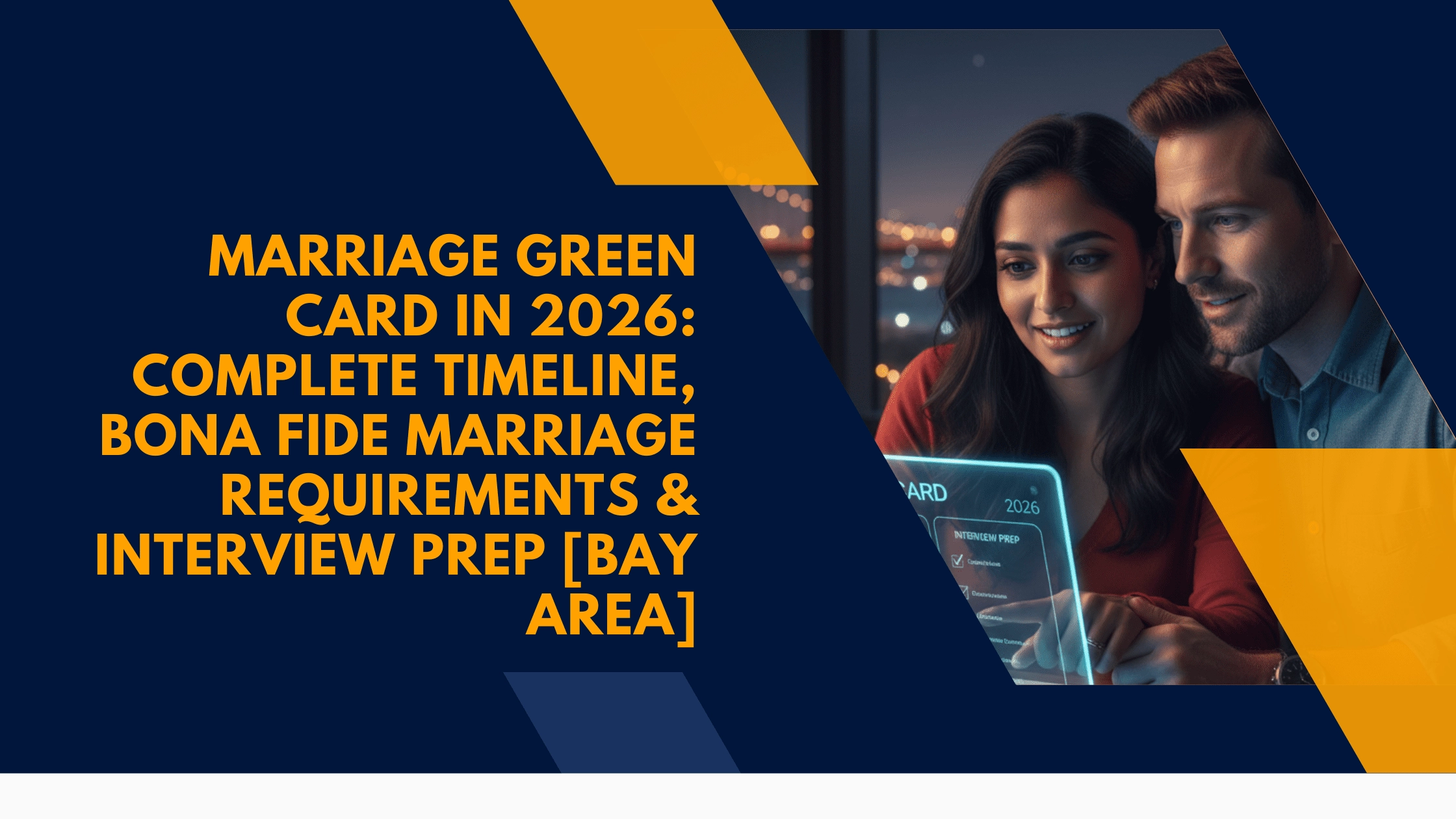TL;DR
In a disability hearing, a key figure is the vocational expert. Understanding what a vocational expert is crucial because their testimony can decide your case. They answer a judge’s hypothetical VE questions about jobs you might be able to perform despite your limitations. The vocational expert testimony they provide on jobs available in the economy is often the basis for a denial. A skilled attorney can challenge this by asking their own targeted VE questions during cross-examination, exposing flaws in the expert’s opinion and demonstrating that you are unable to work.
The Unseen Influence: Decoding the Vocational Expert Testimony in Your Disability Hearing
You walk into the hearing room, your heart pounding. Your future hangs in the balance, resting on your ability to convince a judge of your reality. You see the judge, your attorney, and a court reporter. But then you notice someone else, a person you have never met. They sit quietly, an impartial figure whose opinion could unexpectedly dismantle your claim for benefits. This person is the vocational expert, or VE, and understanding their role is not just important; it is absolutely critical. So, what is a vocational expert? They are a specialist hired by the Social Security Administration (SSA) to provide impartial testimony, but the impact of their words is anything but neutral.
What is a Vocational Expert’s Role in a Hearing?
The administrative law judge (ALJ) relies on this individual to provide information about the job market. Essentially, the VE answers one central question: based on your medical conditions, age, education, and past work, are there any jobs you can still perform in the national economy? Their answer is based on a massive database of job information known as the Dictionary of Occupational Titles (DOT). The vocational expert’s testimony provides the evidence a judge needs to either approve or, more often, deny a claim. This makes the VE one of the most influential people in the room, even though they have never examined you or spoken to you before the hearing.
The VE’s opinion is considered expert evidence on all things job-related. They classify your past work by skill level and physical demands and then listen to the judge’s hypotheticals to see if any work remains. Their analysis is technical, relying on job codes, strength ratings, and skill classifications. For the judge, the VE translates your medical limitations into vocational realities. This testimony is powerful because it provides a simple yes or no answer to whether jobs exist for you, an answer that can overshadow months or even years of medical treatment and personal struggle.
The hypothetical questions posed by a judge can feel abstract and disconnected from your daily struggles, yet they hold immense power over your case. At Bay Legal PC, we strive to clarify this complex process for you. We can help prepare you for what to expect and advise on how your limitations should be presented. To discuss your case, call us at (650) 668 8000, email intake@baylegal.com, or use our booking calendar. Our office is at 667 Lytton Ave, Suite 3, Palo Alto, CA 94301, United States.
The Hypothetical Questions That Shape Your Future
During the hearing, the judge will pose a series of hypothetical questions to the VE. These are the crucial VE questions that build the framework for the final decision. The judge will start by describing a hypothetical person with specific physical and mental limitations and ask if such a person could perform your past relevant work. For instance, the judge might ask, “Assume we have an individual of the claimant’s age and education who is limited to lifting no more than 10 pounds, standing for only two hours in an eight-hour day, and must avoid all exposure to dust. Could this person perform the claimant’s past work as a construction worker?”
The VE will almost certainly say no. However, the questioning does not stop there. The judge will then ask if other jobs exist in the national economy for this hypothetical person. This is where the vocational expert testimony becomes incredibly powerful. The VE might identify jobs like “document preparer,” “surveillance system monitor,” or “lens inserter,” and state how many of these positions exist nationally. If the VE identifies even one job that you can supposedly perform, the judge has the evidence needed to issue a denial. This process can feel abstract and disconnected from your real-life struggles.
Cross-Examining the Expert: Your Attorney’s Crucial Role
After the judge finishes, your attorney gets a chance to cross-examine the VE. This is a pivotal opportunity to protect your claim. An experienced lawyer will challenge the expert’s conclusions by introducing additional limitations that the judge may have overlooked. These are the VE questions that can turn a case in your favor. For example, your attorney might ask, “If the hypothetical person also needed to take unscheduled 15-minute breaks two to three times per day due to chronic pain, could they maintain competitive employment?” An honest VE will often admit that such a limitation would prevent an individual from keeping a full-time job.
Another powerful line of questioning involves mental and social limitations. Your attorney could ask, “If the individual would be off-task 20% of the workday due to side effects from medication, would any jobs be available?” The VE will likely concede that no employer would tolerate this. Further questions could probe limitations in interacting with supervisors or the public, or difficulties with concentration and pace. These carefully crafted VE questions can effectively eliminate the jobs the expert initially identified, leaving the judge with no choice but to find you disabled. Understanding what a vocational expert is is the first step; knowing how to counter their testimony is the next.
Successfully cross-examining a vocational expert requires specific legal knowledge and a strategy tailored to your unique medical evidence. The team at Bay Legal PC is dedicated to crafting these critical questions to help protect your claim. We work to ensure your complete story is heard. To learn more about how we can assist you, contact us at (650) 668 8000, schedule via our booking calendar, or email intake@baylegal.com. Visit us at 667 Lytton Ave, Suite 3, Palo Alto, CA 94301, United States.
Uncovering Weaknesses in the Vocational Expert Testimony
A skilled attorney knows that the expert’s knowledge is based on the DOT, a book that has not been significantly updated since 1991. Many of the jobs listed are outdated or exist in vastly different forms today. A sharp lawyer can question the VE about whether these jobs still exist in significant numbers and if the job duties described are accurate in today’s economy. This is just one of many strategies that can be used to challenge the vocational expert testimony. Without proper legal representation, you are at a significant disadvantage because you will not know how to challenge the expert’s assumptions.
Furthermore, a VE’s testimony can conflict with other official sources or even their own analysis. An attorney might catch a VE assigning a job code that does not match the judge’s hypothetical limitations or misstating the number of available jobs. Challenging these inconsistencies is crucial. Navigating this complex interaction requires a deep understanding of SSA rules and procedures. Past results do not guarantee future outcomes. Results will depend on the unique facts of each case.
The Final Showdown: Turning Testimony into Victory
The entire hearing can last less than an hour, but the consequences will last a lifetime. The vocational expert is a neutral party, yet their testimony often becomes the deciding factor. They analyze your capacity for work based on data and hypotheticals, not on your personal experience of pain and struggle. This disconnect is where many disability claims fail. They do not know you, your life, or the daily challenges you face. Their assessment is a cold calculation of what jobs a person with certain limitations might be able to do.
But with the right preparation and the right questions, their testimony can be transformed from an obstacle into the very evidence that proves your case. The difference often comes down to who is asking the questions and whether they know which ones will expose the flaws in the expert’s analysis. The judge is listening, the court reporter is typing, and the vocational expert is ready to list jobs you have never heard of. Now, the focus shifts to whether your story, supported by medical evidence and skilled legal questioning, can overcome the impartial but potentially devastating testimony of the expert.
Challenging a VE’s testimony on technical grounds requires a deep understanding of SSA rules. The legal professionals at Bay Legal PC can help you navigate this intricate stage of your disability claim. We advise on strategies to counter the expert’s analysis and present your case effectively. Schedule a consultation using our booking calendar, call (650) 668 8000, or email intake@baylegal.com. Our office is located at 667 Lytton Ave, Suite 3, Palo Alto, CA 94301, United States.
The VE has provided their opinion, but the final word on your ability to work has not yet been spoken.
Frequently Asked Questions (FAQs)
1. What is a vocational expert in a Social Security hearing?
A vocational expert is an impartial specialist hired by the Social Security Administration. Their main role is to provide testimony on a claimant’s ability to perform work, given their limitations, and to identify potential jobs that exist in the national economy.
2. Why is vocational expert testimony so important?
The vocational expert testimony provides the evidence an administrative law judge uses to determine if you can work. If the expert identifies even one job you can perform, the judge can legally deny your claim, making this testimony incredibly influential.
3. What kind of VE questions does the judge ask?
The judge asks the expert hypothetical VE questions describing a person with specific limitations based on your medical records. They will ask if this person can do your past work or any other jobs, which forms the basis for the decision.
4. Can I question the vocational expert myself?
While you technically can, it is highly inadvisable. Cross-examining an expert requires deep legal knowledge. An attorney knows the right VE questions to ask to effectively challenge the vocational expert testimony and strengthen your case for disability benefits.
5. How can an attorney challenge the vocational expert testimony?
An attorney challenges the vocational expert’s testimony by asking targeted questions that introduce additional limitations the judge may have missed. These questions can prove that no jobs would accommodate your full range of medical issues, including necessary breaks or time off-task.
6. What happens if the VE identifies jobs I can do?
If the vocational expert’s testimony concludes that there are jobs you can perform, the judge has the evidence needed to deny your claim. Your attorney’s only chance is to effectively cross-examine the expert to eliminate those job options.
7. How do I prepare for the VE’s testimony?
The best preparation is to work with an experienced disability attorney. They will review your medical records thoroughly and prepare specific VE questions to counter the expert’s potential testimony and highlight the true severity of your condition to the judge.
8. Is the vocational expert on the government’s side?
The expert is supposed to be impartial. However, since they are hired and paid by the government, their testimony often creates a significant hurdle for claimants. Knowing what a vocational expert is helps you understand their neutral but critical role in the proceedings.
9. What if the jobs the VE mentions are outdated?
This is a valid point that an attorney can raise during cross-examination. Many job descriptions the VE uses are from an old database. A good lawyer will ask VE questions to challenge whether those jobs still exist in significant numbers today.
10. What makes vocational expert testimony so difficult to overcome?
The vocational expert testimony is difficult because it is presented as objective, expert evidence. Without a legal professional who knows how to reveal the flaws in their analysis, a judge will likely accept their opinion as fact, leading to a denial.
Attorney Advertising
This website and its contents are for informational purposes only and do not constitute legal advice. Prior results do not guarantee a similar outcome. Every estate planning matter is unique and depends on specific circumstances and applicable law. Viewing this site or contacting Bay Legal, PC does not create an attorney–client relationship. If you need legal advice, please schedule a consultation with a licensed attorney.


